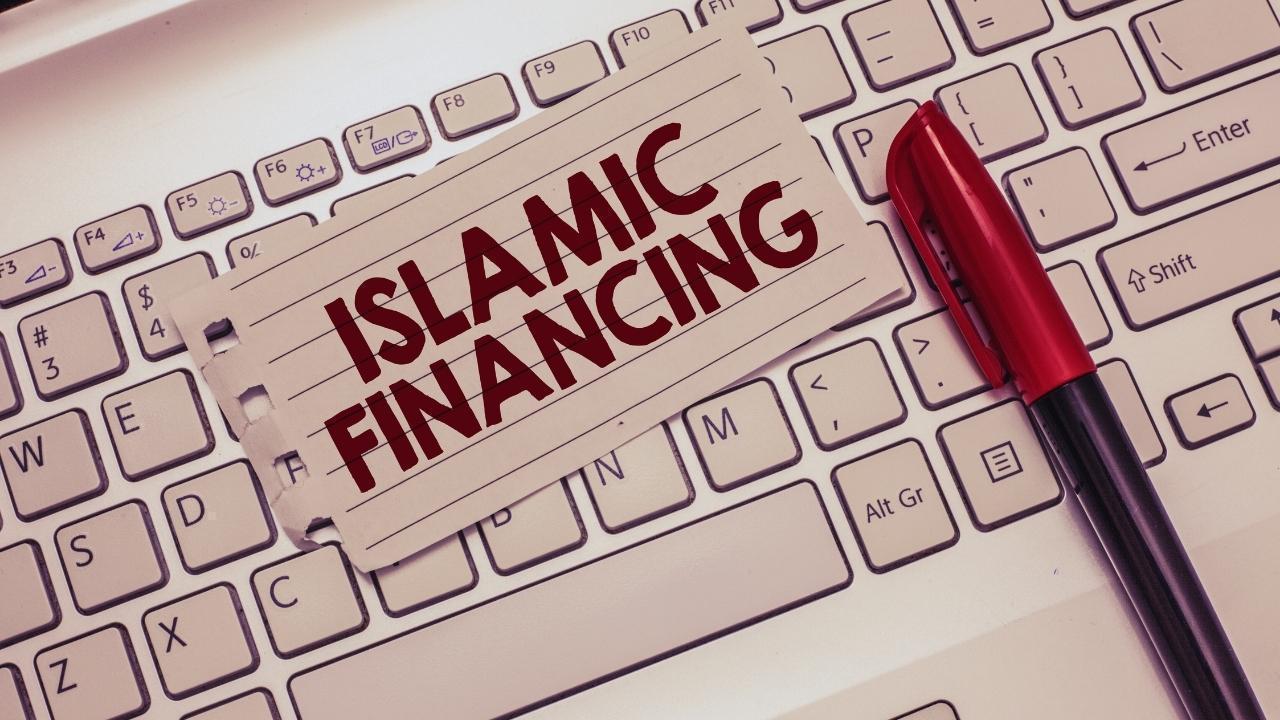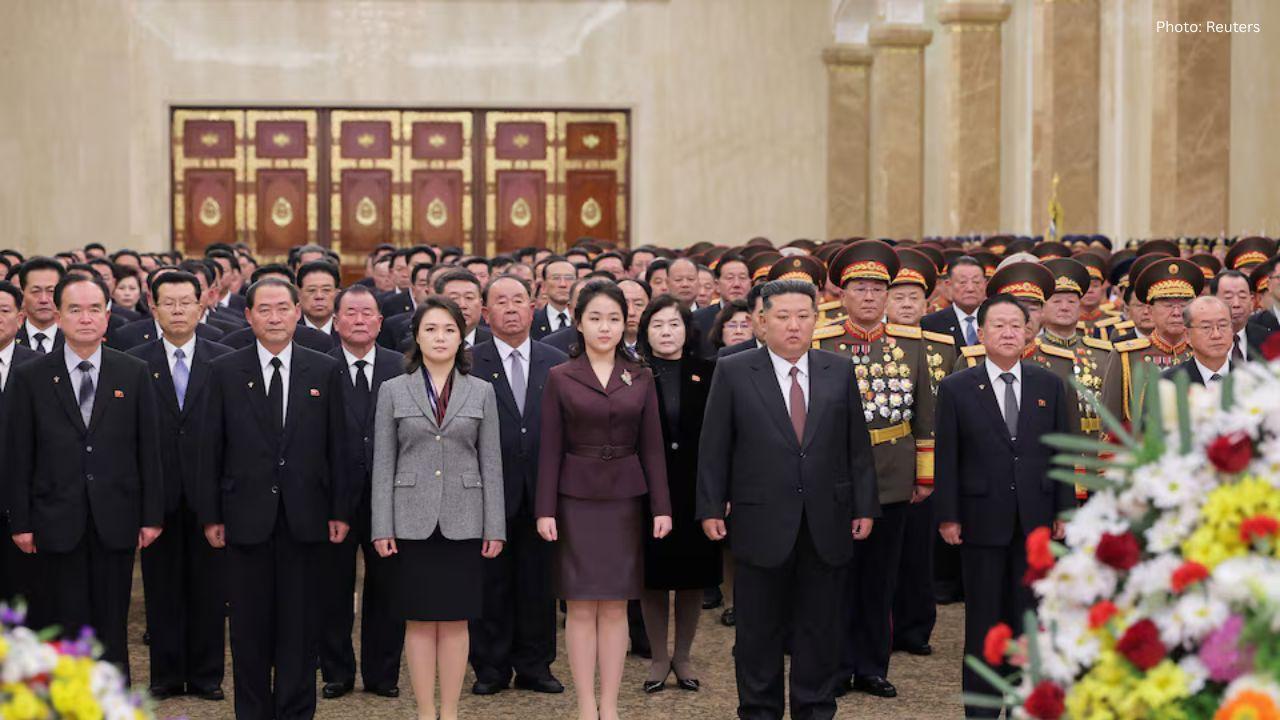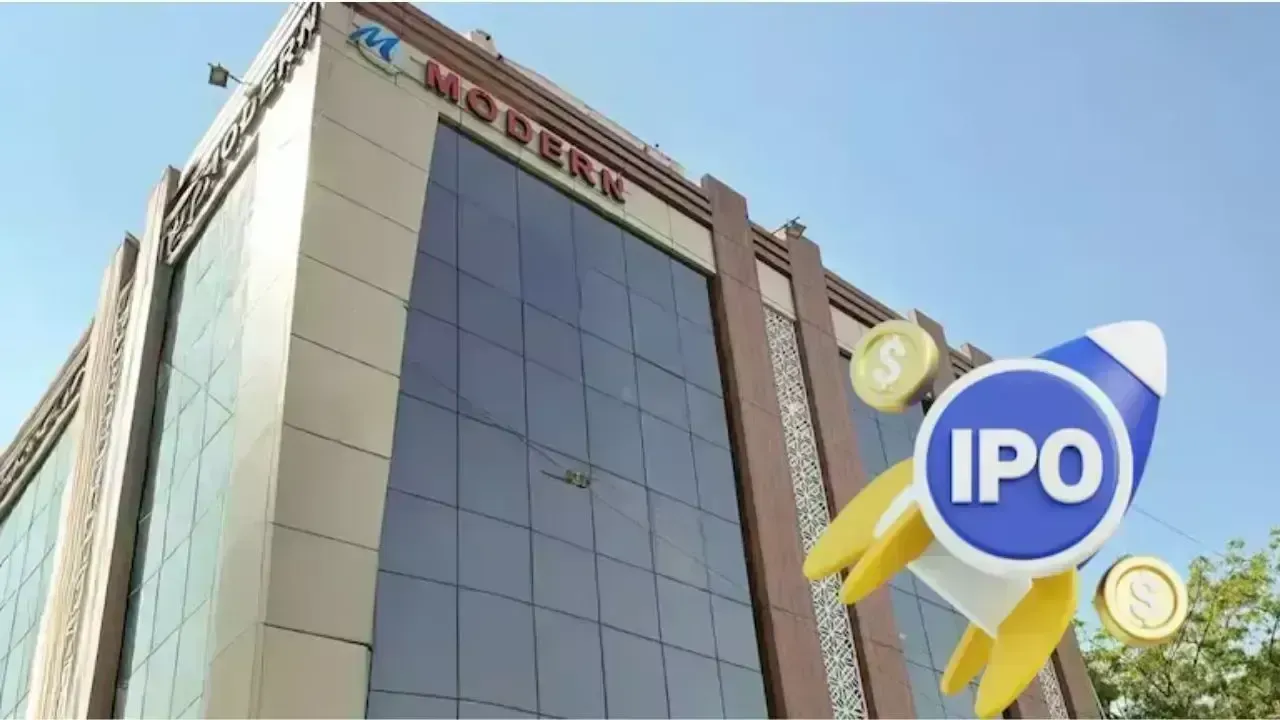You have not yet added any article to your bookmarks!

Join 10k+ people to get notified about new posts, news and tips.
Do not worry we don't spam!

Post by : Anis Farhan
Malaysia’s financial landscape has undergone a remarkable transformation over the past few decades, positioning the country as a global hub for Islamic banking and Sharia-compliant finance. What began as a niche market has now become a cornerstone of the nation’s economy, supported by strong regulatory frameworks, innovation-driven banks, and a growing international demand for ethical and faith-based financial solutions. Today, Malaysia accounts for a significant share of the world’s Islamic finance assets, setting benchmarks that other nations strive to emulate.
The journey of Islamic banking in Malaysia can be traced back to the establishment of Bank Islam Malaysia in 1983, the nation’s first full-fledged Islamic bank. This milestone was more than just an institutional launch—it signaled the government’s commitment to creating a dual banking system that allowed both conventional and Islamic banks to thrive side by side. Over the years, the country’s central bank, Bank Negara Malaysia, has crafted a robust regulatory framework to ensure stability, transparency, and competitiveness within the Islamic finance sector.
By promoting the principles of risk-sharing, ethical investments, and avoidance of interest (riba), Malaysia positioned Islamic banking not only as a religious obligation but also as a modern alternative for customers seeking fairness and sustainability in finance.
One of Malaysia’s key strengths lies in its ability to create a regulatory environment that promotes growth while ensuring Sharia compliance. The Islamic Financial Services Act 2013 provided a strong foundation, aligning Islamic finance practices with international standards while protecting consumers.
Malaysia also hosts the International Islamic Financial Market (IIFM) and the Islamic Financial Services Board (IFSB), making it a thought leader in global Islamic finance governance. These institutions develop guidelines and standards that shape markets worldwide, reinforcing Malaysia’s status as a global pioneer.
Unlike the early years when Islamic banking was primarily limited to savings accounts and home financing, today’s Malaysian Islamic banks offer a wide range of products that rival conventional banks. From sukuk (Islamic bonds) to takaful (Islamic insurance), the industry continues to innovate, blending modern financial instruments with Sharia principles.
Malaysia leads the global sukuk market, accounting for more than 50% of global issuances. These Islamic bonds are increasingly attractive to investors seeking ethical investments that avoid industries like gambling, alcohol, and arms. By offering strong returns while upholding moral principles, sukuk has helped Malaysia attract billions in foreign investments.
The Malaysian government has consistently played a central role in advancing Islamic banking. Strategic initiatives like the Financial Sector Blueprint 2022–2026 focus on strengthening Malaysia’s position as an international Islamic finance hub. Tax incentives, legal reforms, and education programs have been introduced to nurture both talent and capital in the sector.
Additionally, government-linked companies and sovereign wealth funds actively participate in sukuk markets, ensuring liquidity and credibility. This ecosystem encourages local and global investors to trust Malaysia’s Sharia-compliant offerings.
While countries such as Saudi Arabia, the UAE, and Bahrain also lead in Islamic banking, Malaysia distinguishes itself through its holistic approach. It combines regulatory foresight, product innovation, and global collaboration. Unlike some markets where Islamic banking is driven mainly by religious adherence, Malaysia has managed to integrate it into mainstream financial life, making it accessible to Muslims and non-Muslims alike.
For instance, Singapore’s Islamic banking sector remains niche, largely focused on serving wealthy clients. Thailand has explored Islamic microfinance in its southern provinces but lacks the scale of Malaysia’s system. By comparison, Malaysia’s approach is comprehensive, spanning retail banking, capital markets, insurance, and international partnerships.
The contribution of Islamic banking to Malaysia’s GDP is substantial. The industry provides financing for small and medium enterprises (SMEs), infrastructure projects, and affordable housing. This strengthens economic resilience while ensuring that investments comply with ethical principles.
Moreover, Islamic finance has supported Malaysia’s goal of financial inclusion. By catering to communities that avoid conventional banking due to religious reasons, Sharia-compliant finance ensures broader participation in the economy.
Despite its global leadership, Malaysia’s Islamic banking sector faces challenges. Increasing competition from Middle Eastern markets, the need for continuous innovation, and the integration of digital finance are key areas of concern. The rise of fintech and blockchain could disrupt traditional banking models, and Malaysia must adapt swiftly to maintain its lead.
Looking ahead, experts believe that Malaysia will continue to set standards in green sukuk—Sharia-compliant bonds that finance sustainable projects like renewable energy. By merging Islamic principles with environmental sustainability, Malaysia is likely to attract global investors seeking both ethical and eco-conscious investments.
Malaysia’s success story in Islamic banking is more than just financial—it represents a model where faith, ethics, and modern economics can coexist. With continued innovation, strong governance, and global collaborations, the country is poised to lead the next era of Sharia-compliant finance. Other nations are already studying Malaysia’s framework, hoping to replicate its balance of profitability, compliance, and inclusivity.
This article is for informational purposes only and does not constitute financial advice. Readers are encouraged to consult certified financial advisors or relevant authorities before making investment decisions.










Ashes Failure Puts Brendon McCullum Under Growing England Pressure
England’s Ashes loss has sparked questions over Bazball, as ECB officials review Test failures and B

Kim Jong Un Celebrates New Year in Pyongyang with Daughter Ju Ae
Kim Jong Un celebrates New Year in Pyongyang with fireworks, patriotic shows, and his daughter Ju Ae

Dhurandhar Day 27 Box Office: Ranveer Singh’s Spy Thriller Soars Big
Dhurandhar earns ₹1117 crore worldwide by day 27, becoming one of 2026’s biggest hits. Ranveer Singh

Hong Kong Welcomes 2026 Without Fireworks After Deadly Fire
Hong Kong rang in 2026 without fireworks for the first time in years, choosing light shows and music

Ranveer Singh’s Dhurandhar Hits ₹1000 Cr Despite Gulf Ban Loss
Dhurandhar crosses ₹1000 crore globally but loses $10M as Gulf nations ban the film. Fans in holiday

China Claims India-Pakistan Peace Role Amid India’s Firm Denial
China claims to have mediated peace between India and Pakistan, but India rejects third-party involv